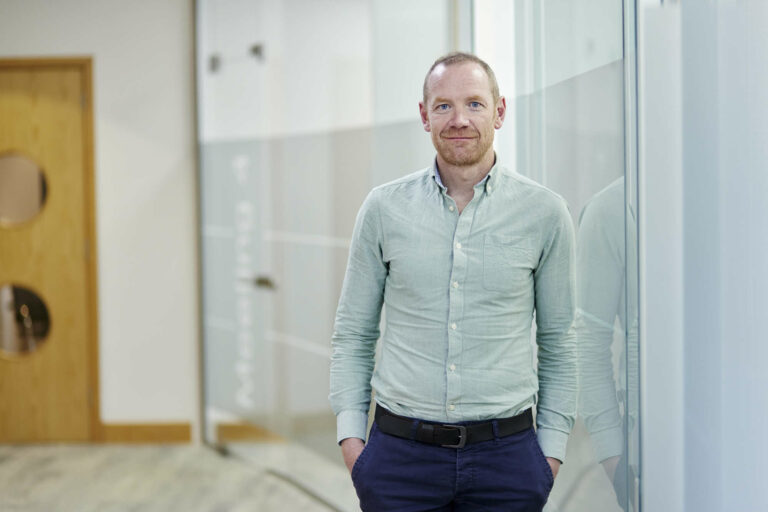What is Hyperparathyroidism?
Parathyroid glands are four small, pea-sized glands located behind the thyroid gland in the neck.
They play a crucial role in regulating the body’s calcium levels. Hyperparathyroidism is a condition where one or more of these glands produce too much parathyroid hormone which can cause raised calcium levels. Calcium is important for various functions in the body such as keeping a regular heartbeat and blood clotting. It is also needed for good bone health. High calcium levels (known as hypercalcaemia) can be dangerous and should therefore, receive medical attention.
Common symptoms of hyperparathyroidism include:
- Generally feeling unwell with no clear cause.
- Feeling tired or weak.
- Bone and joint pain and weakness.
- Excessive urination.
- Stomach pains,
- Kidney stones.
- Mood changes including depression or forgetfulness.
- Nausea, vomiting and loss of appetite.
A simple blood test can diagnose hyperparathyroidism. A diagnosis should lead to referral to a specialist doctor (endocrinologist) who will then advise on management. Sometimes, the condition can be managed via diet but it may be that one or more of the 4 parathyroid glands need to be removed, depending on what is causing them to malfunction.
What are the risks of not being diagnosed early?
If left untreated, or not treated correctly, hyperparathyroidism can lead to very serious and even life-threatening conditions. Early diagnosis and correct treatment are crucial to both the management of symptoms and preventing/minimising complications.
We are here to help
Unfortunately, missed or delayed diagnosis of unusual conditions like hyperparathyroidism are a common occurrence in the medical field. A delay in diagnosis or incorrect treatment of hyperparathyroidism can have severe consequences on your health.
Enable Law specialises in medical negligence claims and we are here to advise or assist you. If you have any concerns about hyperparathyroidism, or your medical care before or after receiving your diagnosis, do please contact us for a free initial confidential discussion. We have a dedicated clinical negligence team with colleagues familiar with the condition that have supported many patients whose lives were changed following either a delayed diagnosis or poor management of this condition.
To have a free, confidential discussion with a member of the team call us on 0800 044 8488 or fill in our contact form below so we can call you back at a time convenient for you.



















